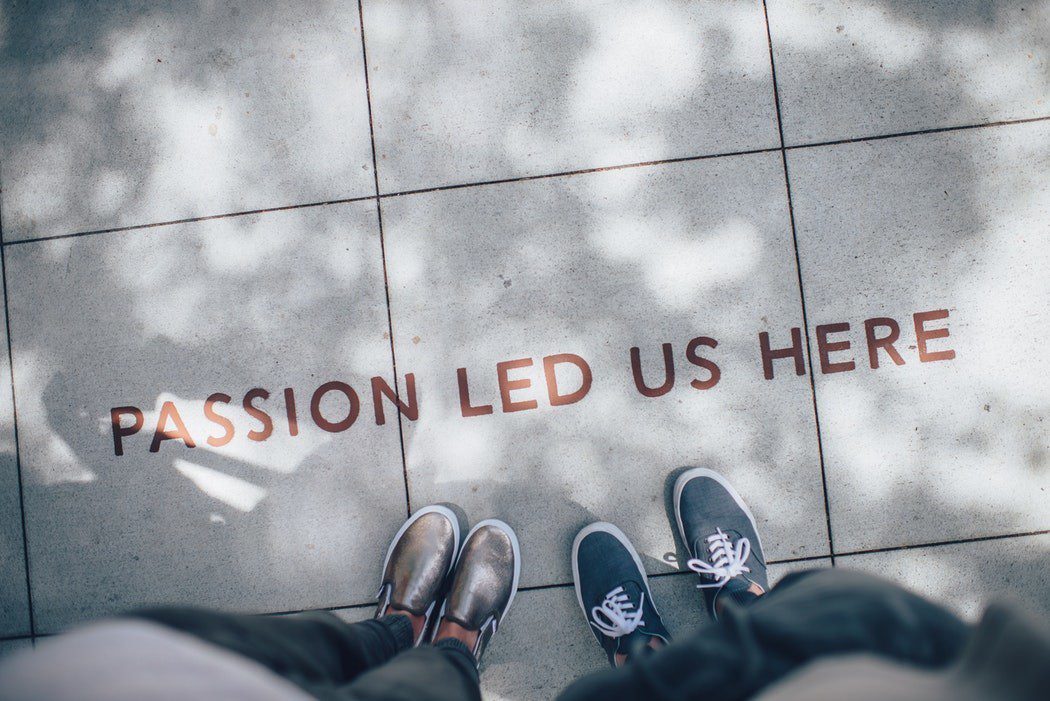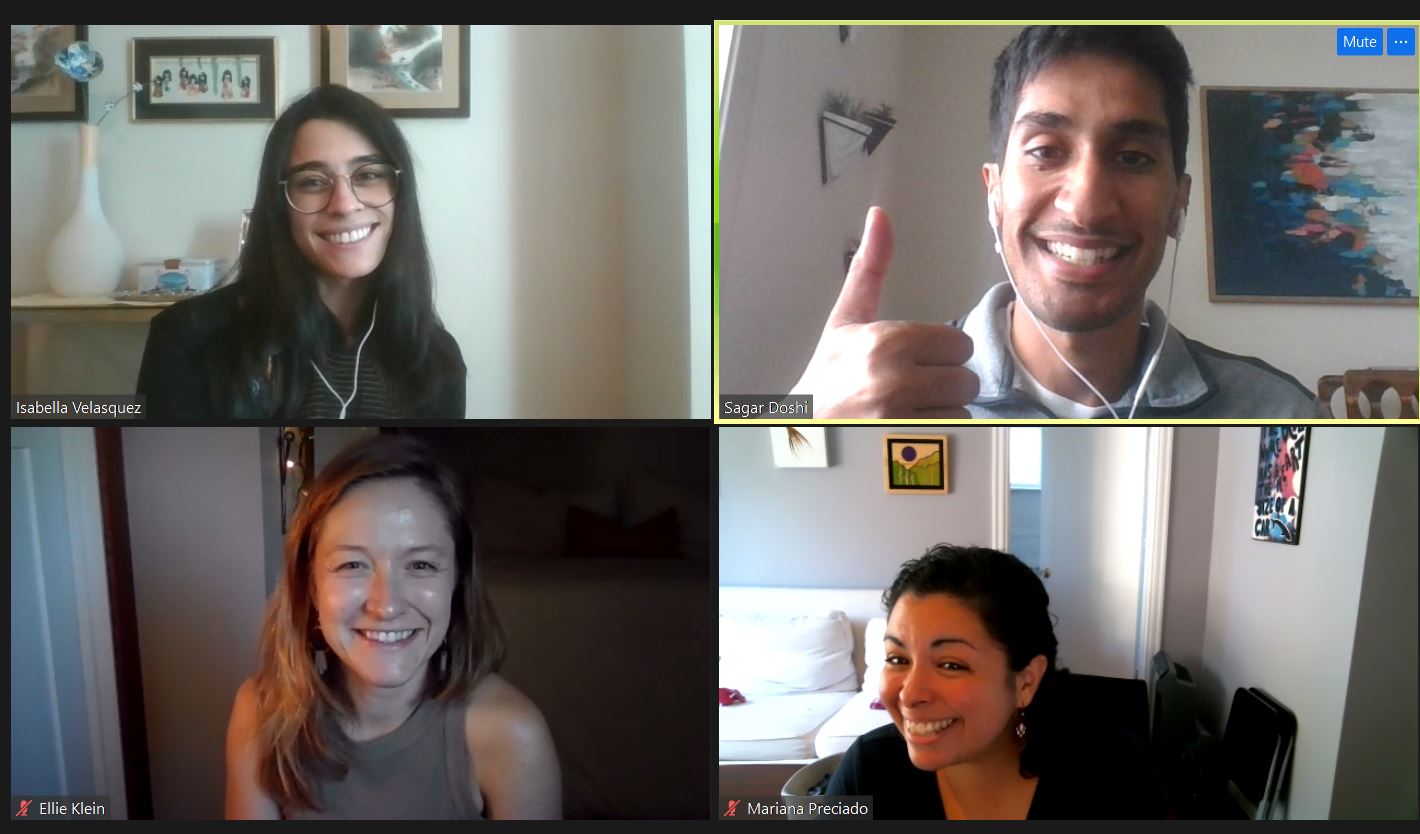Green Business Trends for 2014 – Already in Motion at Haas
The decision to come to Berkeley Haas was a no-brainer for me, given the strength of its academic and extracurricular offerings in the sustainability and social impact spaces. Therefore, it was no surprise that a number of the top 10 green trends in the Annual State of Green Business Report released last week mirrored various aspects of student life I’ve already come into contact with in the past few months.
Here are just a few:
- Chemical transparency creates a window of opportunity – As consumers increasingly press for better labeling and disclosure of the chemicals hidden in products, businesses are becoming more responsive. Campbell’s Soup and General Mills have moved away from using bisphenol A in their products, and last year, the USDA proposed that manufacturers should prove triclosan to be safe in their products. While state policy such as California’s Green Chemistry Initiative will certainly spur efforts to label and restrict toxic chemicals, customer concerns can also drive transparency progress.While multinational giant Dow Chemical Company, producer of everything from plastics to pesticides, might not immediately be associated with sustainability initiatives, this company has actively engaged students at Haas to help better understand the changing sustainability landscape through research fellowships. My peers are examining trends and opportunities that will impact the company in the next 10-15 years and providing input on what areas the company should focus on for it’s 2020 sustainability goals.
- The “people” side of sustainability gets legs – Too often, “sustainability” is used interchangeably with “environmental” or “green.” Yet as we know, environmental, social, and economic sustainability are inextricably connected. As the business world shifts its focus and acknowledges the human side of sustainability, we are seeing more companies examine the human consequences of their actions. Fitting with this trend, the launch of Haas’s new Institute for Business and Social Impact last November brought together many of its existing environmental and social impact-related resources to sit under one hub, including the Graduate Program in Health Management. The launch also marked the beginning of an initiative to explore the impact of women on business and the economy. These two focuses are decidedly not environmental, but they are no less important to overall sustainability. As the country grapples with affordable healthcare challenges and companies such as Walmart focus on women’s economic empowerment, we will hopefully see a more holistic comprehension of sustainability.
- Food sustainability gets a seat at the table – Growing incomes and the corresponding growing demand for more energy-intensive food, including meat and processed foods, is not a new challenge. But as increasing food prices and ever-accelerating environmental degradation unfold, we are seeing the business world respond. This year, McDonalds put forth an ambitious plan to sell “sustainable beef” starting in 2016, and General Mills announced it would produce GMO-free Cheerios. At Haas, students have continuously sought to develop more sustainable solutions to food production; it counts among alumni founders of Fair Trade USA and Revolution Foods. As food sustainability challenges play out in the market, I’m happy to report that interest is still alive and well among current MBA students and across the greater campus. Last fall, I attended a panel on “The Future of Food and Technology” with four other students to hear from companies like Plum Organics and Good Eggs that are changing the type of food available consumers. Attending UC Berkeley also means access to the greater campus resources – including food journalist and activist Michael Pollan’s seminar on The Rise and Future of the Food Movement. This spring, the Center for Responsible Business’ Peterson Series is themed around this topic as well.
In the introductory post that launched with the Annual SOGB, Joel Makower, executive director of GreenBiz, closes with the question, despite how relatively little we’ve accomplished in pushing the sustainability needle, “are we sinking, swimming, or just treading water?” Though we’ve got a lot to tackle on the sustainability agenda, if the enthusiasm of my classmates and the issues we struggle with each day are any indication, we are already making headway on key trends shaping sustainability.



